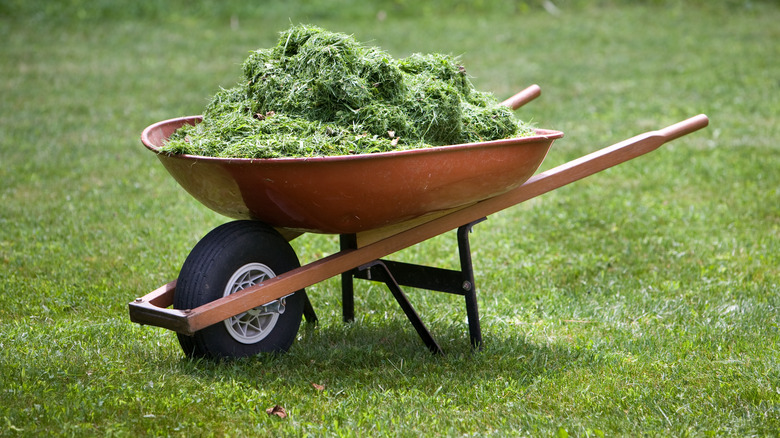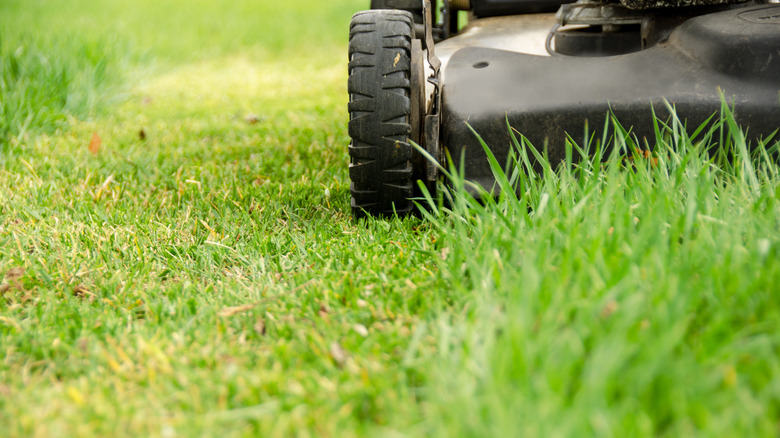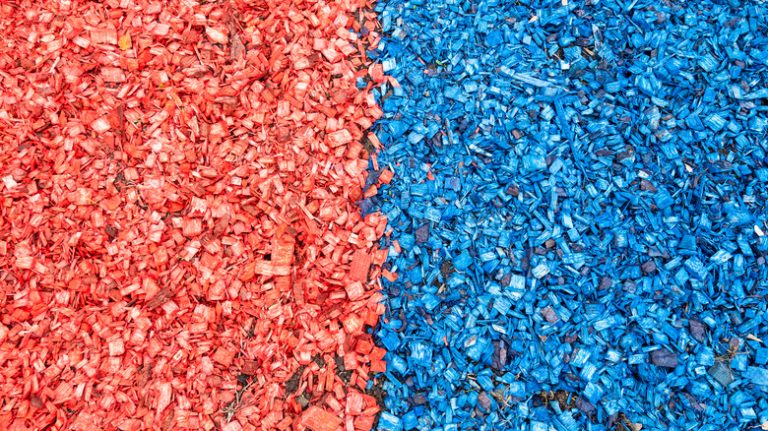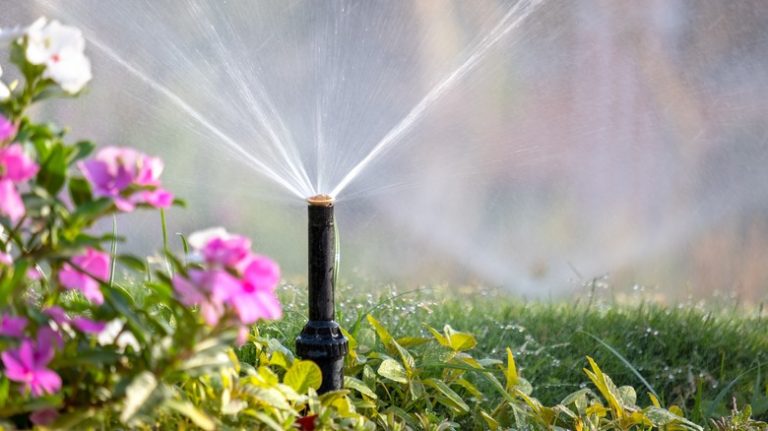Mowing the lawn can be a tiresome task, especially when combined with the cleanup of leaves, sticks, rocks, and other debris from your yard. For many, grass clippings may also fall into that cleanup routine, but they shouldn’t need to. Grass clippings can be incredibly helpful for your lawn, acting as a natural fertilizer or mulch. The scattered bits of grass left behind after a yard has been mowed might be unappealing to some, but if you let them decompose, you’ll be rewarded with grass that’s even more vibrant and lush.
While grass clippings can significantly benefit your lawn, keep in mind that everything is good in moderation. There are still precautions to consider with this gardening hack, and you should plan to continue removing clippings if you use herbicides and pesticides. Nevertheless, grass clippings will typically be of more help than harm, and you’ll be left with an easier and shorter lawn-mowing routine in return!
How grass clippings benefit your lawn

The Environmental Protection Agency lists yard waste as the fifth-most prominent category of municipal solid waste in the U.S., ranking it just behind food waste. It is estimated that 35.4 million tons of yard waste were created in 2024, but fortunately, this number has shrunk over the years. Actions like “grasscycling”have dramatically cut down on yard waste across the country — if you have never heard of “grasscycling,” it’s simply recycling your grass by allowing it to decompose into your soil and provide nutrients and natural fertilizer to existing grass.
Lawn clippings contain vital nutrients for grass, including nitrogen, potassium, and phosphorus. The decomposition of these clippings serves as a home-grown fertilizer and helps your grass preserve water and fend off weeds. Grass clippings can also be swept into compost bins, composting alongside other organic matter for later use, or they can be utilized the same way you would mulch. By leaving behind mowed grass, you’ll also be positively impacting the environment by using fewer plastic bags and other disposable tools often used in the cleanup process.
Properly leaving grass clippings behind

While grass clippings can help grass maintain nutrients and healthy growth, there are a few things to consider when leaving them behind. Don’t sprinkle clippings on an overgrown lawn, as this will block sunlight, oxygen, and water for your grass. When you mow, clippings should be one-third of the height of the grass blades. This will allow for quicker decomposition and decrease the risk of obstruction to the soil and grasses’ essential needs. If the grass is cut approximately once a week when it reaches 4 inches in length, you can mow an inch and be confident that your clippings are the preferred size.
If your mower naturally cuts grass into larger pieces rather than smaller ones, take a rake or leaf blower and disperse the clippings throughout the yard evenly to avoid clumping. Many people worry that letting grass clippings sit will increase thatch, a buildup that can form between the grass and soil. While clippings can contribute to thatch, it can easily be avoided by making sure there’s only a thin layer of cuttings scattered through the yard, and by avoiding overwatering and over-fertilizing your lawn. A fine layer of thatch can be beneficial to grass, but when there’s too much, grass begins to suffocate. Lastly, you may not be able to rely solely on grass clippings to provide all the necessary nutrients for your lawn. Different types of grass will have different needs, and additional fertilization may be required.



